

ARTE
Featured Show:
Evangelicals for World Domination
From the Cold War to the present day, the expansion of evangelicalism has fostered the emergence of Christian fundamentalism. In three parts, this in-depth investigation reveals the cogs of a formidable politico-religious machine determined to extend its empire over consciences.
ARTE TV Shows
571 shows • Page 6 of 29
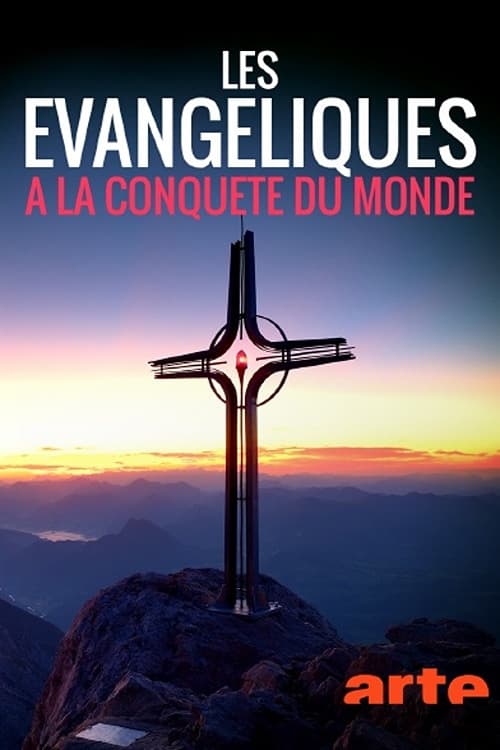
Evangelicals for World Domination
From the Cold War to the present day, the expansion of evangelicalism has fostered the emergence of Christian fundamentalism. In three parts, this in-depth investigation reveals the cogs of a formidable politico-religious machine determined to extend its empire over consciences.
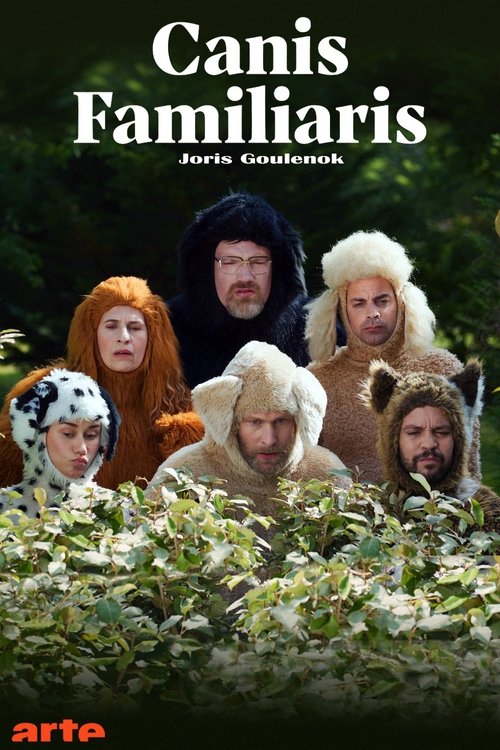
Canis familiaris
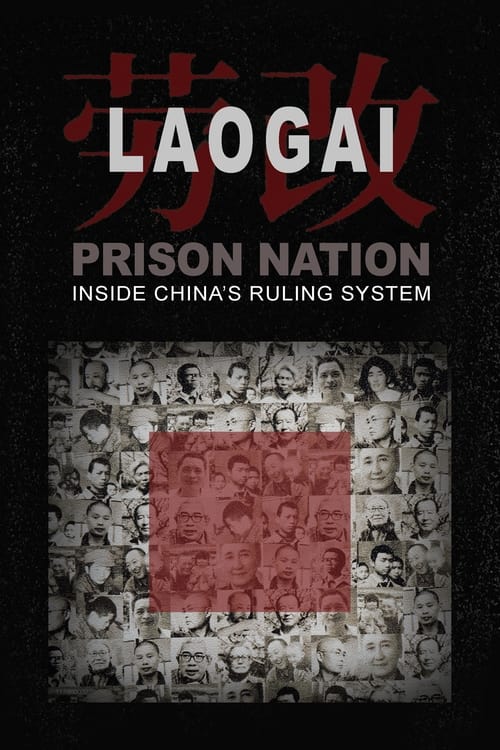
Laogai: Prison Nation - Inside China's Ruling System
After the founding of the People's Republic of China in 1949, Mao Tsetung established a system of labor camps for systematic repression, known as Laogai, an abbreviation for "Reform Through Labor". In such camps, forced labor and physical and mental torture were used to bring about a so-called mental reform, re-education in the spirit of the Chinese Communist Party. Millions of Chinese were affected. Many were executed. In hundreds of camps, the Party took advantage of the prisoners' free labor to build the economy. Self-criticism and denunciation were often the only way to escape martyrdom. Successive waves of purges culminated in the Cultural Revolution, which saw massive human rights abuses, political assassinations, massacres, and exiles in remote parts of the country. Using unreleased archive footage, the documentary tells the story of the invention, development and improvement of China's totalitarian system of surveillance and repression up to the present day, never told before.

Birds
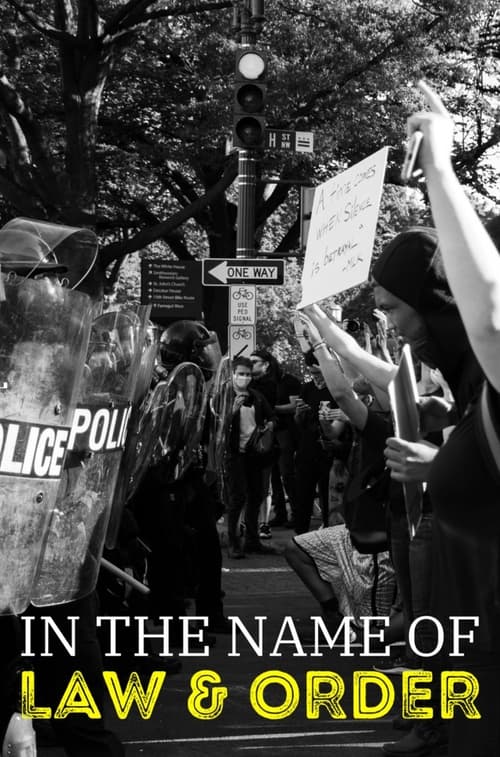
In the Name of Law and Order
Throughout the world, angry crowds are confronting heavily armed law enforcement forces. Journalist Paul Moreira immerses himself in demonstrations and interviews experts to shed light on the causes of this repressive shift.

Krieg der Königinnen
 0
0Hypernuit

Notre-Dame de Paris, le chantier du siècle
 0
0Secrets de roches
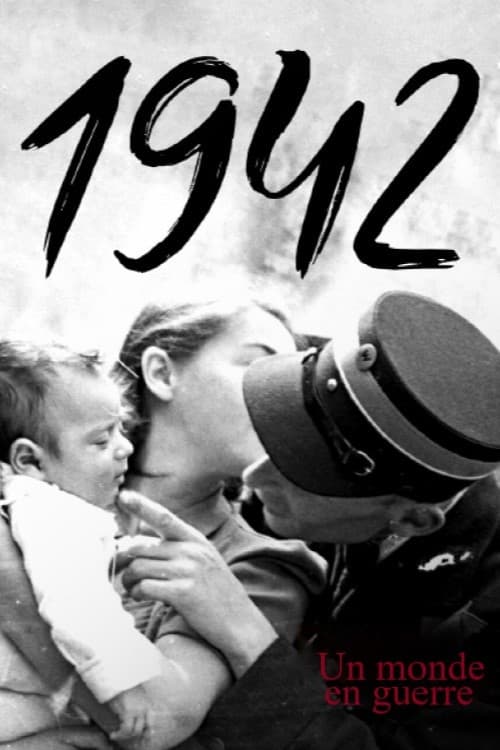
1942, un monde en guerre
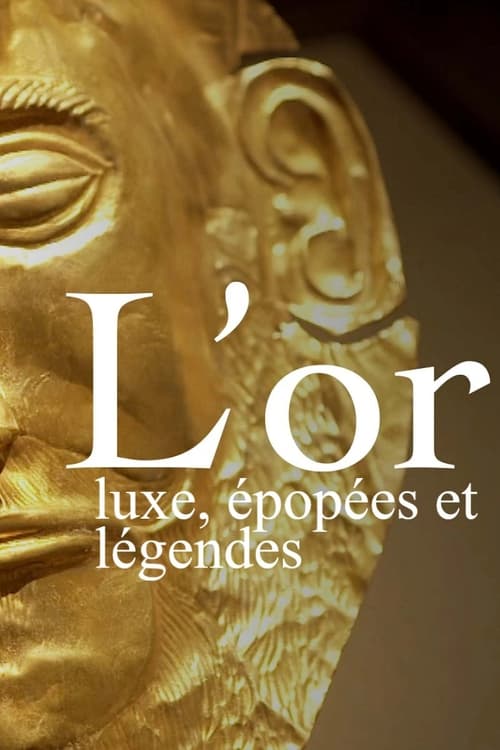
L’or : luxe, épopées et légendes
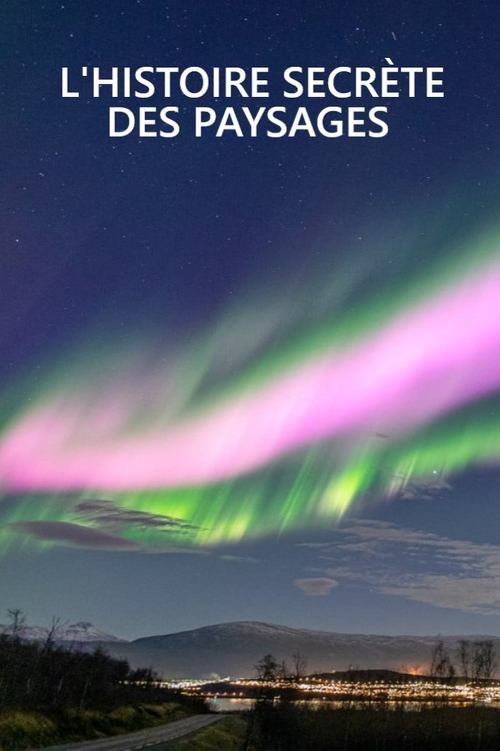
L'histoire secrète des paysages
 0
0Wie wollen wir lieben?
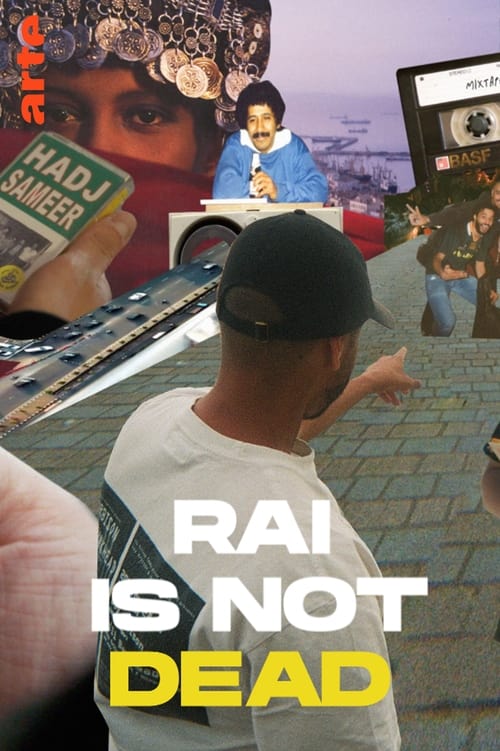
Raï Is Not Dead
What musical genre can claim to have gone, in the space of fifty years, from a hidden cabaret in Oran to Super Bowl halftime? Born in Algeria at the end of the Second World War, the raï wave spread from the cabarets of western Algeria to the cassette shops of Barbès in Paris, before sweeping the world at the end of the 1980s. its hybridization, the intoxicating music traveled from Algerian and French weddings to the biggest international stages, before suddenly disappearing from the radar at the dawn of the new millennium. Icons that have disappeared, including Cheikha Remitti and Prince Hasni, to young heirs, passing by the star Khaled, the collector Hadj Sameer trace the tumultuous course of this musical genre, between clandestinity, planetary glory and resistance.

Berlin 1933 – Diary Of A Metropolis
Berlin 1933 – Diary Of A Metropolis tells the story of how Berlin, the vibrant hub of modernity, became Germany's staunch capital city in step with the Third Reich. Contemporary journals, letters and documents, photographs and film material, form a dense collage of the dynamics of this collectively organised disaster.

Les Pyrénées secrètes

Chats et chiens sauvages
 0
0Seule la danse, une année au conservatoire de Paris

Le monde et sa propriété
 0
0